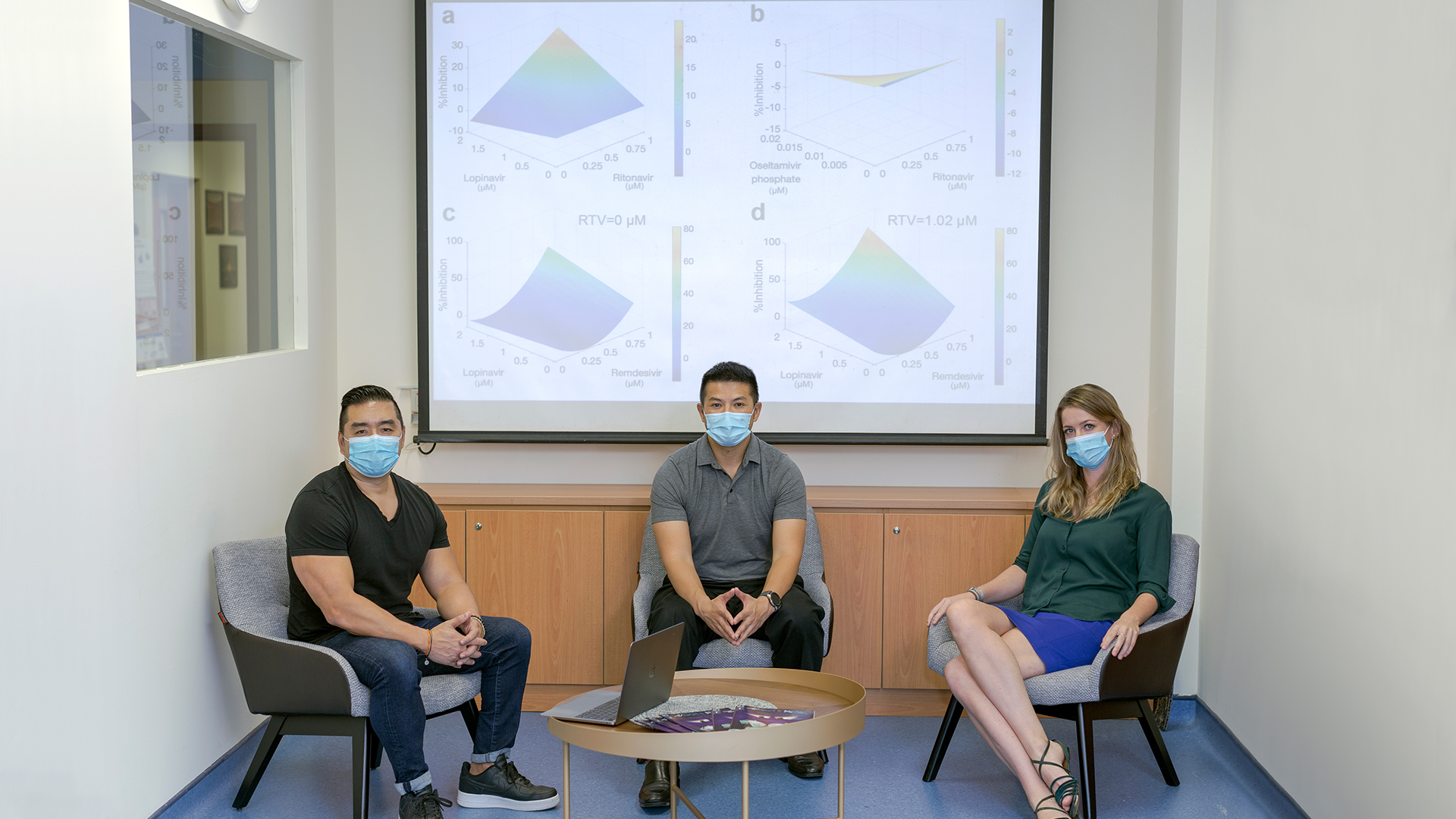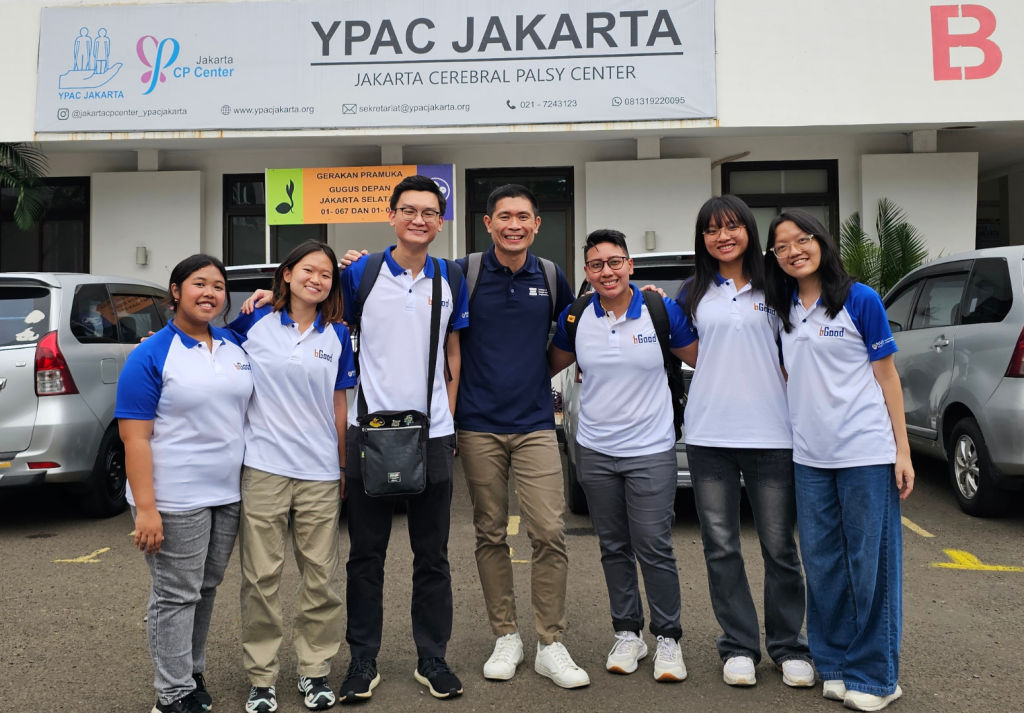
A ground-breaking Artificial Intelligence platform is helping healthcare workers find an optimal combination of therapies to treat SARS-CoV-2, the virus that causes COVID-19.
The platform called 'IDentif.AI' (Optimising Infectious Disease Combination Therapy with Artificial Intelligence) was able to rapidly examine the effectiveness of more than half a million combinations of 12 potential drug candidates in a short timeframe of just two weeks.
The researchers behind the study, including faculty from the Department of Biomedical Engineering among other parts of NUS, recently published their findings in the journal Bioengineering and Translational Medicine. Their results showed that the optimal drug therapy was a combination of specific doses of the drugs remdesivir - a broad antiviral medication - alongside ritonavir and lopinavir, two drugs used to treat patients with human immunodeficiency virus (HIV).
The research team was co-led by Professor Dean Ho, Head of the Department of Biomedical Engineering and Director of The N.1 Institute for Health and Institute for Digital Medicine (WisDM) at NUS. He said the IDentif.AI platform was unique in enabling medical researchers to "obtain the data that we need through carefully designed experiments in order to arrive at a ranked list of actionable and optimised regimens''.
6.5 times more effective
The IDentif.AI platform pairs experimental validation with artificial intelligence (AI) and digital drug development to rapidly pinpoint unpredictable drug interactions and optimise therapy design with clinically relevant dosages.
Following this process, the team showed that a combination of remdesivir with ritonavir and lopinavir led to a treatment that was 6.5 times more effective than the limited effects of remdesivir alone. According to the NUS team's study, and clinical trials in China, Europe, and United States, ritonavir and lopinavir showed little effects on their own against COVID-19.
The team also showed that hydroxychloroquine and azithromycin, which were drugs considered as promising treatment options early in the pandemic, were relatively ineffective as treatment options for COVID-19.
The work was a collaboration between NUS - including researchers from the Cancer Science Institute of Singapore and Department of Pharmacology - alongside researchers from Osmosis (Knowledge Diffusion)and Shanghai Jiao Tong University.
Looking further to the future, the team say their study shows the potential power of IDentif.AI to rapidly discover optimal drug combinations for infectious diseases beyond COVID-19 and be ready to respond quickly to future outbreaks.
For more, read the press release from NUS News





